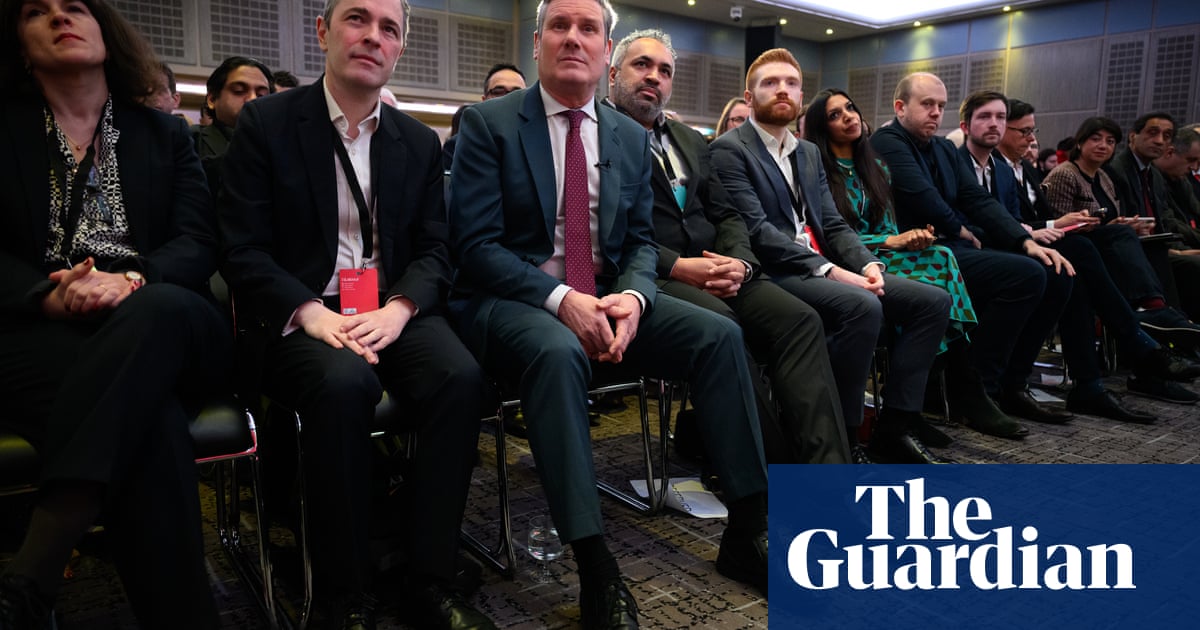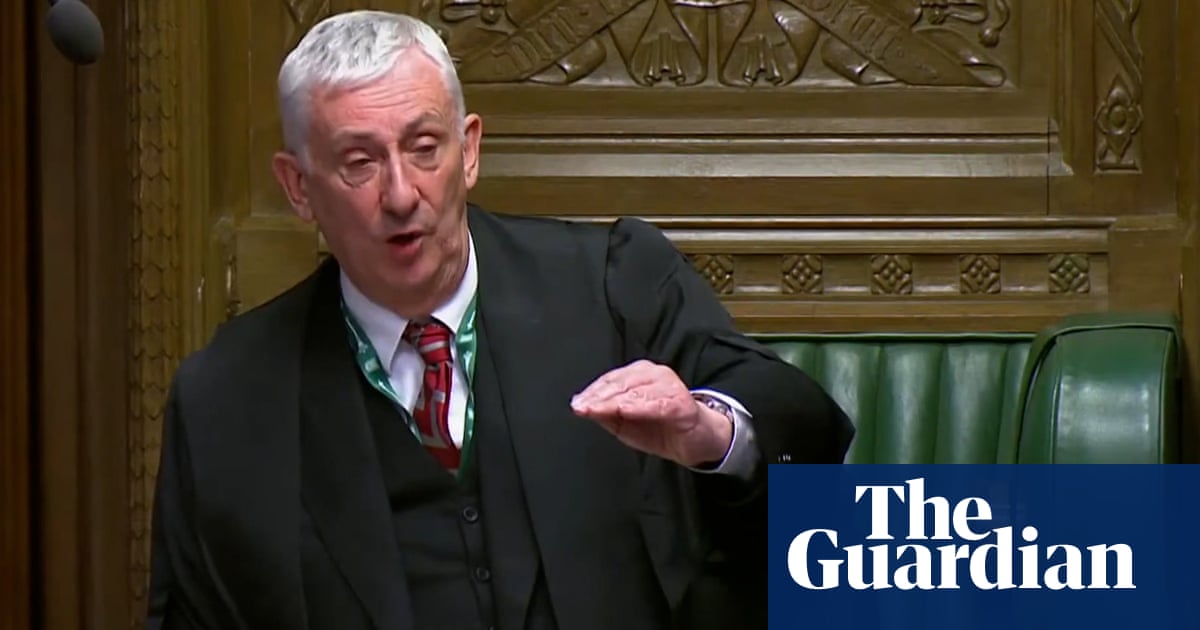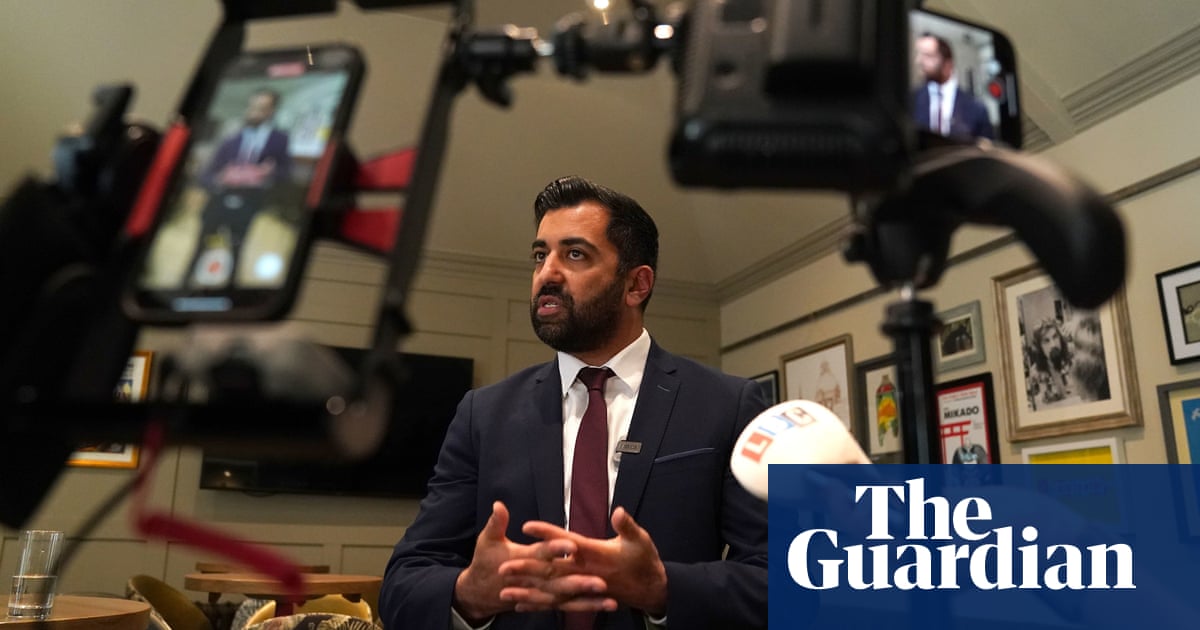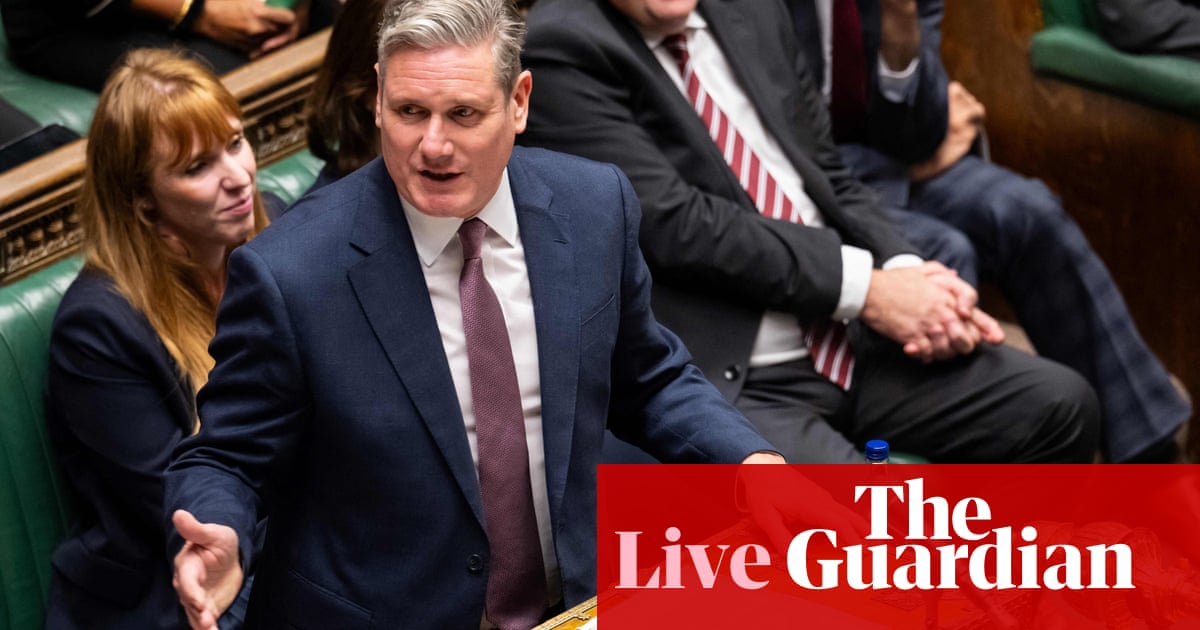
Keir Starmer sought to portray the Labour party as unified in its position on the Israel-Hamas conflict, as he insisted that calls for a ceasefire and humanitarian pauses were “coming from the same place”.
The Labour leader attempted to turn the attention back to the Conservatives, with an address to the North East Chamber of Commerce in County Durham on Friday in which he criticised the king’s speech as “a manifesto for the 14th year of Tory failure and the starting gun fired on the next general election”.
But focus turned swiftly to the pressure he remains under within his own party. A number of senior Labour MPs do not feel Starmer’s comments on the Middle East conflict this week have done enough to “hold the parliamentary Labour party together”, given “the level of anger within Labour’s grassroots”.
The Labour leader has faced accusations from senior colleagues that his previous comments on the conflict lacked “empathy” and “humanity”. On Thursday, the leaders of two Labour councils in Lancashire, Burnley and Pendle, called for him to resign over his stance.
Starmer said he was “not surprised that people are trying to go for any option that they think would alleviate the awful situation”, and added: “I don’t think that should be taken as great division.”
“That is a human emotion,” the Labour leader said. “What I’ve done is share that emotion, when I see children dying. I have two children. I know exactly how this goes to the heart.”
Senior Labour figures had sought to play down the idea of permanent divisions emerging within the party, saying that disagreements over its stance on Israel and Gaza was not unique to Labour, and that many organisations including universities were also beset by rifts.
Starmer once again made it clear that he would not be sacking any frontbenchers who had deviated from the party’s position on humanitarian corridors and called for a ceasefire.
Instead it appears the Labour leader believes the best way to demonstrate his authority within the party is to focus on “the most practical way to alleviate the situation on the ground”, which he believes means staying aligned with the US president, Joe Biden, and leaders in the Middle East so that they can work together and “say the same thing at the same time”.
Starmer, addressing the audience in County Durham, repeated at least three times that he was not focused on the individual positions of people within the party.
Responding to questions from journalists, Starmer said: “I understand why people feel very strongly about this, not just in the Labour party, but I think in all political parties and across the country, because every day we can see the awful suffering going on in Israel and Gaza.
“For me this isn’t about the particular position taken by individuals within the party. It’s about alleviating that suffering. Just at the moment we desperately need humanitarian aid to get in faster into Gaza.”
Starmer has consistently avoided setting out exactly what would merit a demotion, leaving a grey area, in an attempt to avoid Labour’s internal differences becoming the focus. For now, the party’s senior MPs are able to express “human emotion” over the conflict.
Sixteen Labour frontbenchers and a third of the entire PLP have either called for a ceasefire or shared others’ calls backing a ceasefire on social media, including Yasmin Qureshi, Jess Phillips and Imran Hussain.
Polling by Savanta of 618 councillors between 27 October and 2 November has suggested that only 37% of Labour local representatives are “satisfied” with the party’s position on the conflict.












